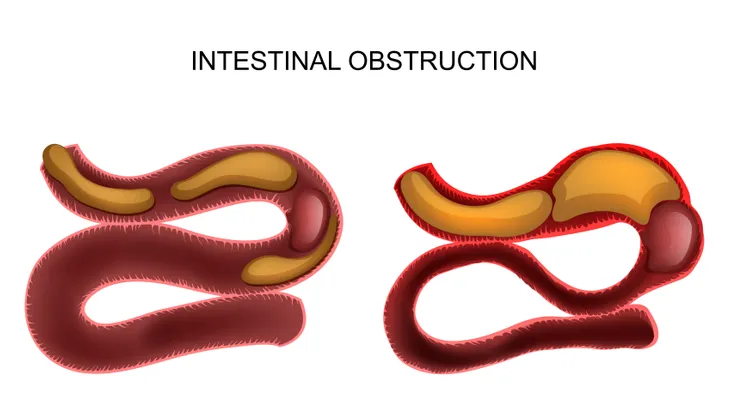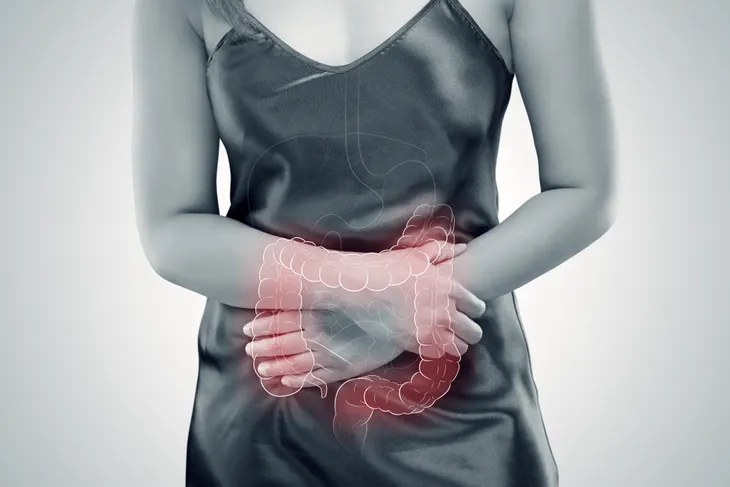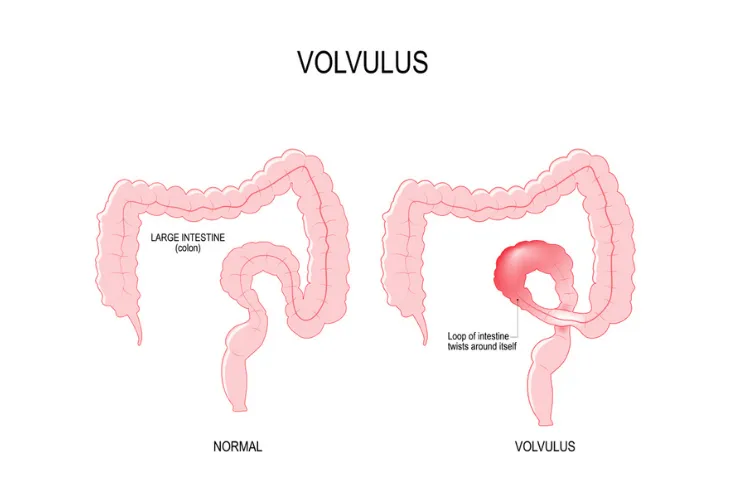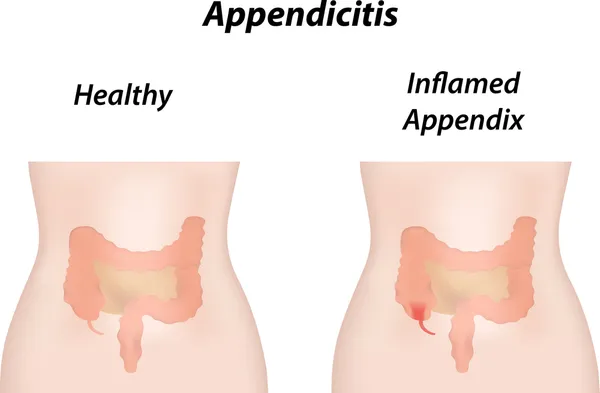A bowel obstruction is a serious and painful health concern. In the U.S., this condition is the reason behind 15-percent of patients admitted to the hospital for abdominal pain. Unfortunately, severe complications of bowel obstructions cause around 3,000 fatalities each year.
Knowing what causes a bowel obstruction and when it’s time to seek medical treatment is crucial in preventing severe complications. Here’s what you need to know about the causes of a bowel obstruction.
What Is a Bowel Obstruction?
A bowel obstruction, also known as an intestinal obstruction, prevents food, liquid, and other contents in the intestines from passing normally through the digestive tract. Harvard Health explains how this problem can either be inside or outside the intestines.
The blockage can differ from patient to patient. Some might have an obstruction in the small intestine while others might have a blockage in the large intestine (colon). Blockages can also be partial. This is determined by how much content can still pass through the obstructed area.
Mechanical Obstructions
There are different types of blockages that lead to a bowel obstruction. Healthline says mechanical obstructions are when there is something physically blocking the small intestine. It will most likely block your small intestine, but mechanical obstructions could also potentially block your colon.
Examples of Mechanical Obstruction
There are many different types of mechanical obstruction that can put your health at risk. Some of them include tumors, gallstones, hernias, and inflammation.
Other types of mechanical obstruction include adhesions, which may develop after abdominal or pelvic surgery, or volvulus, also known as twisting of the intestine. The final type of mechanical obstruction is intussusception, which is the pushing of one segment of the intestine into the next section.
Non-Mechanical Obstructions
Not all obstructions of the bowel are mechanical. There are certain types that are labeled as non-mechanical obstructions. Specifically, a temporary non-mechanical obstruction is referred to as an ileus.
Healthline lists the following as causes of ileus:
- Abdominal or pelvic surgery
- Infections, such as gastroenteritis or appendicitis
- Some medications, such as opioid pain medications
- Electrolyte imbalances
Pseudo-Obstructions
Another type of non-mechanical obstruction is called a pseudo-obstruction. Unlike an ileus, pseudo-obstructions can become chronic or long-term.
This is when a person’s symptoms resemble those caused by a blockage or obstruction, but no physical blockage actually exists. Symptoms occur due to nerve or muscle problems that prevent contents from going through the intestines.
Examples of Pseudo-Obstructions
The National Institute of Diabetes and Digestive and Kidney Diseases says that intestinal pseudo-obstructions can be caused by:
- Abdominal or pelvic surgery
- Diseases that affect muscles and nerves (such as Parkinson’s disease)
- Infections
- Medications that affect muscles and nerves
- Radiation to the abdomen
- Certain cancers
Symptoms of a Bowel Obstruction
The symptoms can differ from person to person depending on the type of obstruction and whether the bowels are fully or partially blocked. Recognizing the symptoms can help you decide whether a trip to the emergency room is needed.
The following are symptoms of a bowel obstruction, according to WebMD:
- Cramping and belly pain, usually around your belly button
- Nausea or vomiting
- Bloating and a large, hard belly
- Lack of appetite
- Constipation and a lack of gas
- Diarrhea (with a partial blockage)
Possible Complications
Bowel obstructions can lead to life-threatening complications. Mayo Clinic explains how one of the complications is tissue death. This is when the intestinal obstruction cuts off the blood supply to part of your intestine, which destroys the intestinal wall and leads to infection.
The official medical term for this infection is peritonitis. It can put your life at risk. An infected abdominal cavity requires immediate medical attention and usually requires surgery. Here are some other complications that can occur:
- Dehydration
- Intestinal perforation
- Electrolyte imbalances
- Kidney failure
- Sepsis
- Multiple organ failure
When to See a Doctor
If the pain in your belly is severe and constant, you need to seek immediate treatment. Don’t wait too long to go to the emergency room. The sooner you see a doctor, the better your chances are of not developing serious complications from a bowel obstruction.












